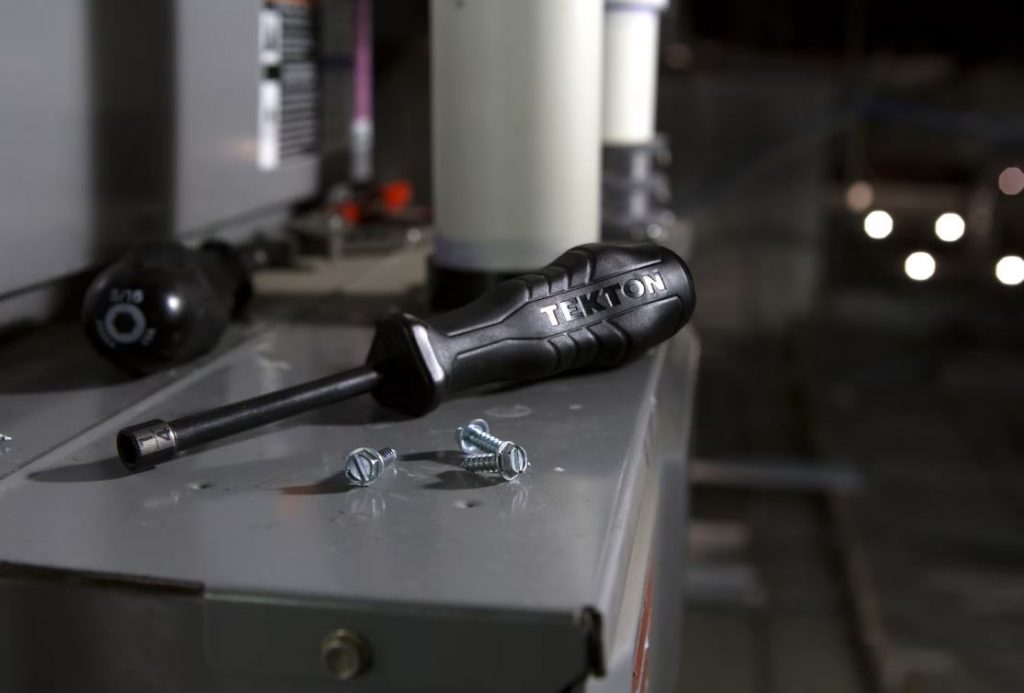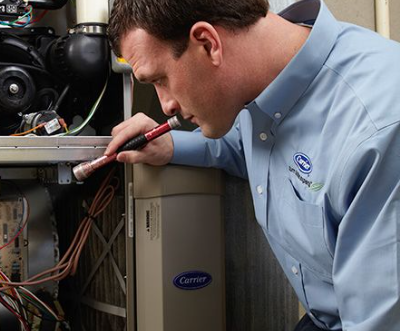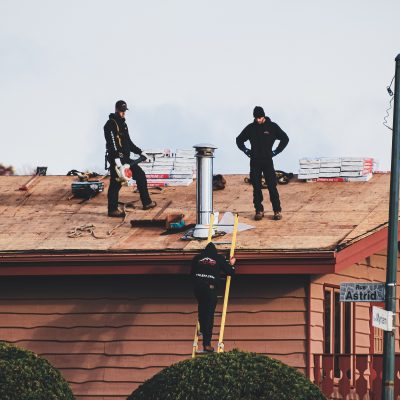
As technology advances, furnaces have become more efficient and reliable in providing comfortable temperatures. However, it’s essential to do your research before selecting one so that you end up with the best product for your needs. In this article, we’ll discuss five things to look for when buying a new furnace. We’ll discuss the most important considerations such as efficiency, size, type, maintenance, and warranties so that you can make an informed decision. By taking the time to evaluate these factors, you will have peace of mind knowing that you are getting a quality furnace that will keep your home warm and comfortable for years to come.
Efficiency
First and foremost, make sure you purchase a furnace that meets the minimum efficiency requirements for your area. By investing in an energy-efficient model, you can save money on your monthly utility bills and help reduce your carbon footprint.
Furnace efficiency is one of the most important criteria to consider when buying a new furnace. An energy-efficient furnace will help you save money on your monthly utility bills and reduce your carbon footprint. Look for furnaces with an AFUE (annual fuel utilization efficiency) rating of at least 90%. This means that 90% of the energy the furnace uses is converted into heat, thus significantly reducing your energy costs. Additionally, look for furnaces with an ENERGY STAR® rating, as these are third-party verified to be at least 15% more efficient than models without this certification. Investing in a high-efficiency furnace will help you save money and energy in the long run.
Size
The size of the furnace is another important factor to consider. An undersized unit will not heat your home as efficiently and may suffer from additional wear and tear. On the other hand, an oversized furnace will cycle on and off too frequently, resulting in higher energy bills and premature failure of components.
The size of the furnace should correspond to the size of your house. Generally, larger homes require bigger furnaces while smaller homes may do fine with a smaller model. If you have a single story or two-story home, it is important to select the right size furnace to ensure that your entire home is heated properly. If you have a multi-level home, you may require multiple furnaces with separate zones for each floor. Speak to a qualified HVAC technician about the best type and size of furnace for your particular home.
Type
Furnaces are available in several types–electric, natural gas, propane, or oil. Each type has its own benefits and drawbacks, so make sure to explore all of your options before making a decision.
Electric furnaces are becoming an increasingly popular choice for home heating due to their affordability. These units use electricity as the power source, meaning installation is typically faster and easier than other types of furnaces. Additionally, electric furnaces do not require a chimney or flue for venting, making them ideal for homes without these features. Additionally, electric furnaces are very quiet, since they don’t require a fan to circulate air. However, electric furnaces can be more expensive to operate due to higher electricity costs.
Natural gas furnaces are typically more efficient than electric models, as they require less energy to heat the same amount of air. Additionally, natural gas is often cheaper than electricity in many parts of the US, making it an ideal choice for those looking to save money on their monthly utility bills. Natural gas furnaces also have fewer safety risks than some other types of furnaces, since gas is odorless and not explosive. However, natural gas furnaces require a chimney or flue for venting, making it less suitable for homes without them. Additionally, they require more maintenance than electric models due to the need to clean burners and filters on a regular basis.
Maintenance
Regular maintenance is essential for the efficient operation of any furnace. Choose a model with easy access to filters and other components, as well as features that alert you when maintenance is needed. Be sure to also have a trusted, licensed technician on hand, or a technician from the company you purchased your furnace from. Regardless of where you source your maintenance from, be sure that your technician knows their furnaces inside and out.
Unless you have a lot of experience with repairing furnaces yourself, it’s advisable to keep home maintenance of your furnace at a basic level. Regularly changing the furnace filters, inspecting and cleaning the vents, checking the blower motor, and ensuring proper ventilation are all important parts of maintaining a furnace. Additionally, it’s important to program your thermostat to run the furnace only when necessary in order to maximize energy efficiency. Lastly, be sure to keep combustible materials away from the furnace and have carbon monoxide detectors installed for additional safety. Talk to a local business, like Fred Williams and Sons Heating & Cooling, for more help with your furnace maintenance.
Warranty
Furnace warranties are an important consideration when buying a new furnace. Be sure to read the fine print carefully and understand what is covered in your particular model’s warranty so you can be prepared for any unexpected repairs or replacements. It’s also important to find a trusted, licensed technician to handle your furnace repairs, as they will have the experience and knowledge necessary to ensure that your furnace is functioning properly. Investing in a good warranty can bring peace of mind and help you protect your investment for years to come.
Furnace warranties come in various forms and often vary depending on the make and model. Generally, most furnaces come with a limited-time warranty that covers parts and labor for repairs or replacements during the warranty period. Extended warranties may also be available that can cover additional repairs or replacements beyond the initial limited-time period.
The importance of being mindful when selecting a furnace for your home is vital. Doing research into different types of furnaces and their benefits and drawbacks can help you choose the best type for your needs. Additionally, making sure to keep up with regular maintenance and having the right warranty in place can save you money and ensure that your furnace runs efficiently for years to come. With the right knowledge and resources, you can find the perfect furnace for your home.



